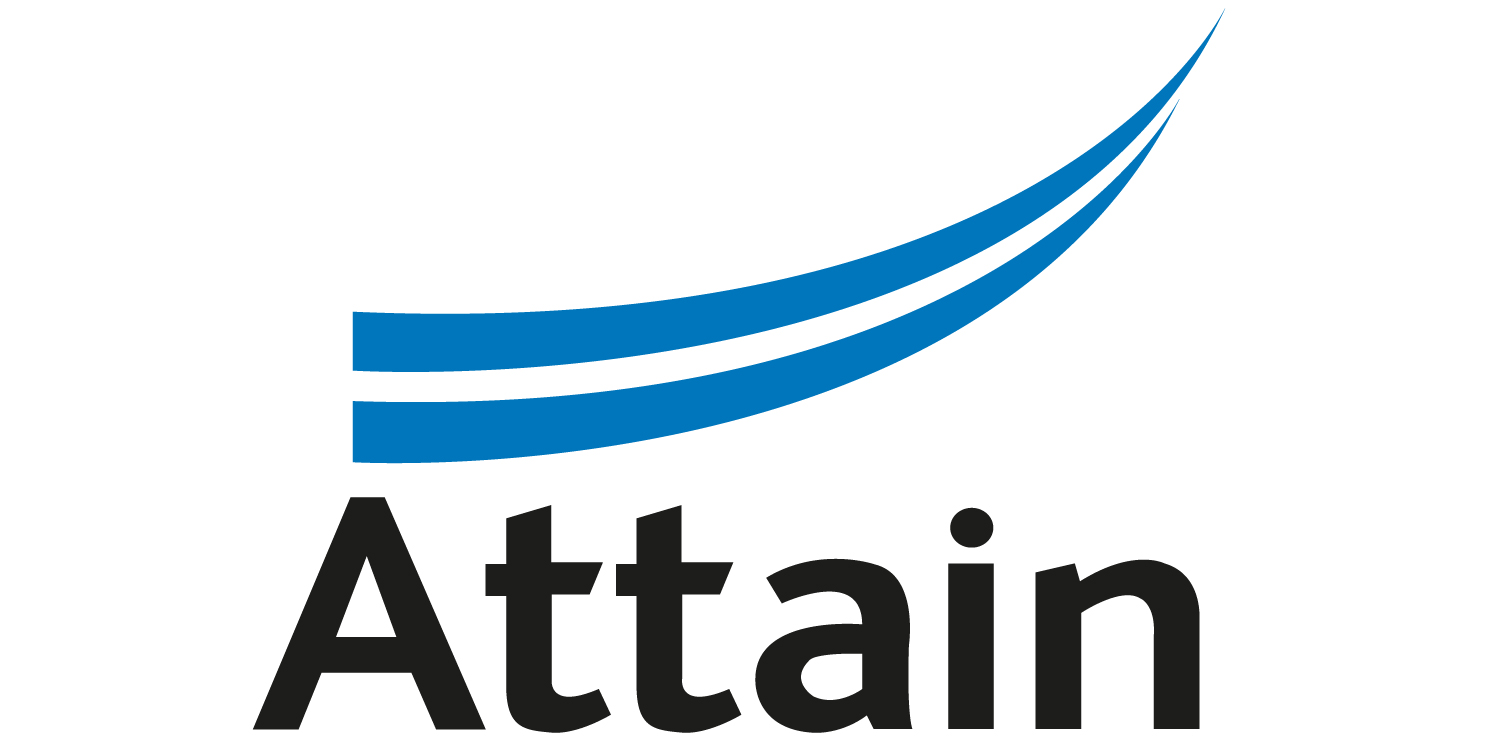Supply and demand
Your article, New workforce chief promises staff flexibility, wrongly suggests there has in the past been an “oversupply” of physiotherapists.
This is not the case. Short term NHS financial freezes restricted opportunities for new physio graduates for a brief time, prompting cuts of around a third in training places for physiotherapy students. This may have saved money in the short term but we are now facing a future shortage of physios to fill available jobs - particularly with an ageing population and steadily increasing patient need for physiotherapy.
A recent report from the independent Centre for Workforce Intelligence shows a clear need to maintain the number of physiotherapy training places across the country and we know demand for NHS physio continues to increase.
Workforce planning cannot continue to drift from crisis to crisis without proper long term demand forecasting. We hope Professor Cumming’s new approach will properly address this issue.
Phil Gray, chief executive, Chartered Society of Physiotherapy
Security must be addressed
We were pleased to read of the proposed My Health initiative and look forward to learning more. However, we want to sound a note of caution. The Patient Information Forum has just published its Guide to Health Records Access which outlines many of the benefits of personal health records. The target date for all patients to be able to access their GP records is 2015 but there are still numerous challenges to overcome.
Awareness is the first step but equality of access must also be high on the agenda. PiF identified potential for disparity in accessibility due to low literacy and e-literacy levels along with language barriers. Patients and the public must be supported in understanding the benefits of records access and how personal health records work; clinicians need to embrace the change and improve the way they write records.
Our report found evidence that security concerns are at the forefront of patients’ fears regarding electronic records. Whether this is a real concern or one fanned by paternalism remains to seen. Technologies that give access to personal health records need to be robust in how information is stored and how it is accessed and annotated. Patients need to trust that the system is protected so that they know that they are too.
Without addressing these fundamental concerns, public apathy and lack of commitment could undermine what we believe is a major step forward in healthcare.
Mark Duman, chair, Patient Information Forum
Bearing the burden
It is remarkable that Lord Layard and colleagues’ recent report How Mental Illness Loses Out in the NHS identified that nearly 50 per cent of the burden of ill health in the under-65s in the general population is mental illness, including among children and adolescents. Much of this health need is unaddressed and has social and economic consequences, as mental illness accounts for nearly half of all absenteeism from work.
If readers are moved by these statistics and the plight of the mentally distressed, I would urge them to write to NHS chief executive Sir David Nicholson and their MP to appeal for this issue to be addressed urgently.
Perhaps then the NHS could start to redress the imbalance between care for the mind and the preoccupation of care for the body.
Dr Marie McDevitt, specialist in public health, NHS Stockport





No comments yet